“Love Nonetheless” is one part of the “L/R15” collaborative project produced by Gen Sato (the other being Rikiya Imaizumi's “Straying”) which aims at a revival of the “pink film” in a fashion, though, that respects current social attitudes, essentially meaning without the sexual violence that also came to define the category in its heydays during the 70s. To achieve this goal, Sato has brought together the two filmmakers, in an effort to combine the romantic style of Imaizumi's movies with Hideo Jojo's past in the pink industry. The result is definitely different.
“Love Nonetheless” is screening at Udine Far East Film Festival
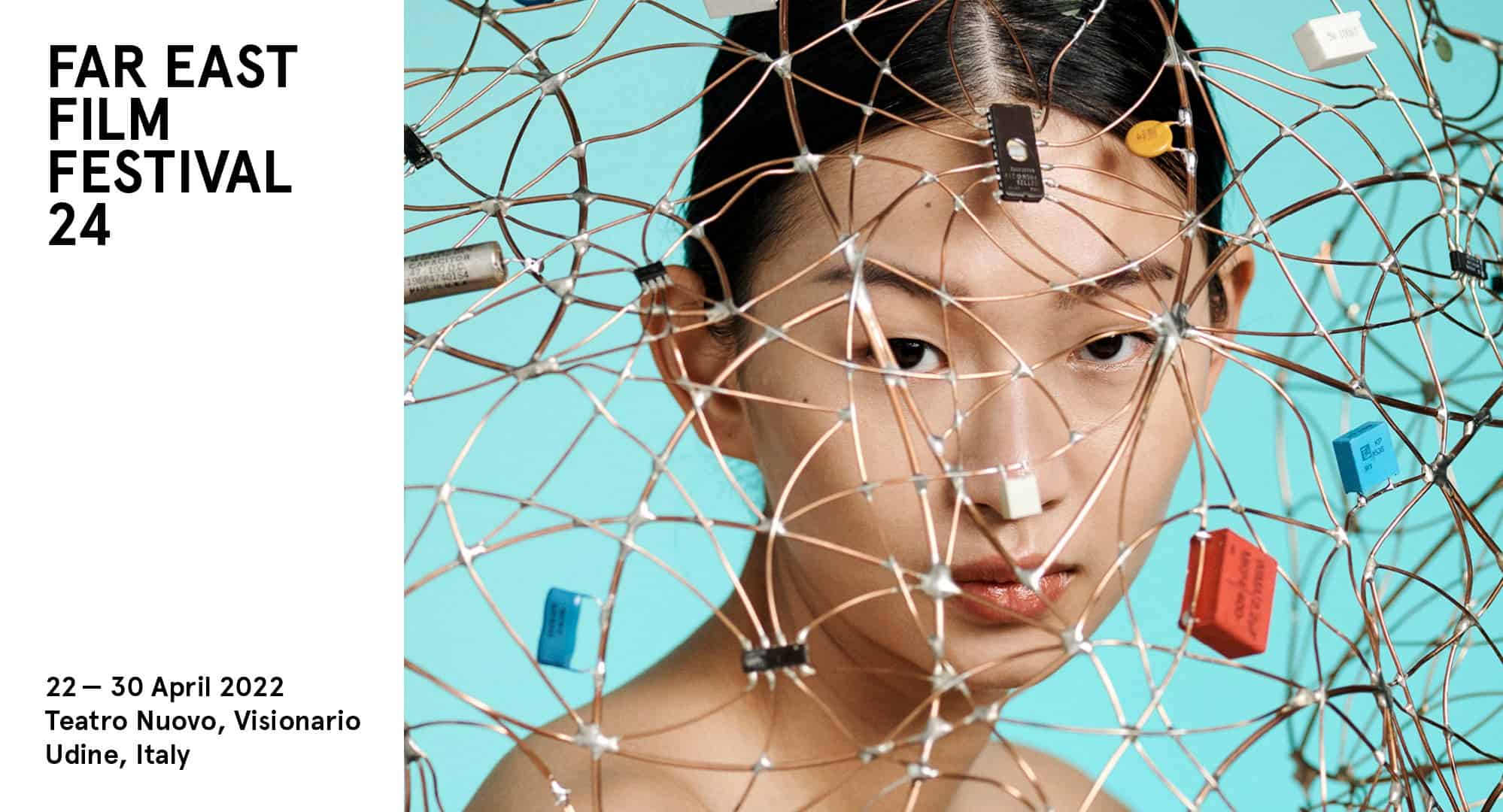
The story begins inside a secondhand bookstore, where the 30-year-old introverted, bookworm type owner Koji chases a school student, Misaki, who has run away with a book without paying. Their interaction however ends up in a rather unusual fashion, since the girl soon confesses her love and her will to marry Koji, even if sex is out of the question, in a cheeky wink to the approach mentioned in the prologue. The young man turns her down, but the girl returns again and again, always giving him a letter insisting on marriage. Little by little, Misaki grows on the lonely Koji, who truth be told, never actually turns her completely away. When a classmate, however, who is in love with her, learns of her feelings for the bookstore owner, things become more complicated.
On the second arc of the movie, Ikka, who, not long ago turned down Koji's woes, is about to get married to salary man Ryosuke, who retains, though, an affair with their wedding planner, Miki, while frequently neglecting his betrothed who has to take care of the wedding arrangements all by herself. The woman eventually realizes what is going on, and his revelation leads her to an unusual decision, of also cheating. The obvious, and easiest choice is Koji…
Considering that we are living in the #MeToo era, the effort of the three men could be perceived as “dangerous”. As such, examining the ways they implement in order to retain the erotic aesthetics of the medium without offending, emerges as a rather interesting approach to this review. To focus on the first element, the frequency of the sex scenes is intense, although not to the quota implemented in the 70s. Furthermore, the presentation lingers more towards the artistic than the exploitative, with the focus being on the pleasure of both participants, courtesy of the excellent cinematography of Masaki Watanabe. At the same time, some pinku film favorite elements, such as the concept of the affair, the “swinging” (although in an unusual approach) and the young girl wanting an older man are also here, although the directorial approach never becomes inappropriate.
Furthermore, the love chain/triangle that forms the basis of the narrative, apart from providing many opportunities for sex scenes (which remain organic, though, throughout) works quite well in entertainment terms, also due to the use of quirky humor here, but also allows space for analysis of the characters, and subsequently, the presentation of a series of sociophilosophical comments. Regarding the last aspect, the way love works, and the fact that people tend to want those who do not want them back shines here, as much as the fact that people tend to get married for economical/practical reasons these days, frequently leaving their feelings to the side. The place of women in Japanese society, particularly on romantic/sex terms is also commented upon, particularly through Ikka, with her scene in the bar highlighting the remark in the most hilarious fashion, although Jojo also shows that things have changed in someways at least, and equality is much wider than in the past.
The film also benefits the most by the rather fitting acting. Koji Seto as Koji presents the introverted bookworm in the most fittingly quirky fashion, with his interactions with Yumi Kawai's Misaki being quite amusing, also benefiting the most by the combination and resolve she exhibits. Ayumu Nakajima as Ryosuke is a convincing “villain” at least until the moment when his performance is analyzed as a product by Yuka Kouri's wonderfully cynic Miki. The one who steals the show, however, is Honami Sato as Ichihana, with her pouting disappointment and despair transforming into a very appealing resolve in the most amusing way, and her overall relationship with Koji emerging as the most entertaining in the film. The sex scenes also benefit the most by her impressive figure, which Watanabe has taken care of presenting in the most appealing fashion. Hideo Jojo's editing implements the usual, relatively slow pace of the Japanese indie, in a way, though, that fits the overall aesthetics to perfection, while the usual lagging, is definitely tone downed here.
“Love Nonetheless” is a very interesting and entertaining film, and hopefully, a stepping stone for the pinku industry to adapt to current times and become relevant once more.


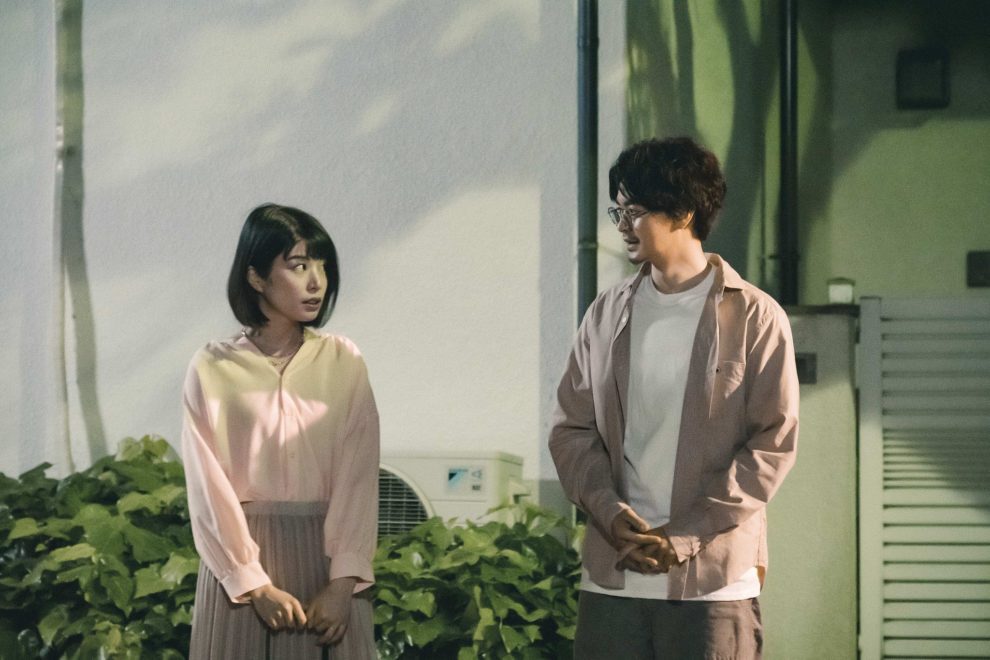
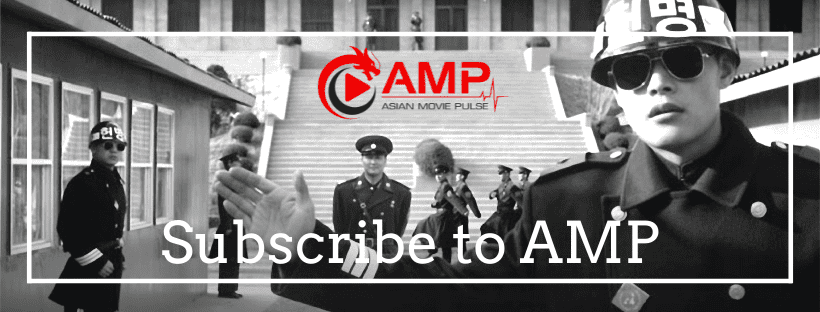



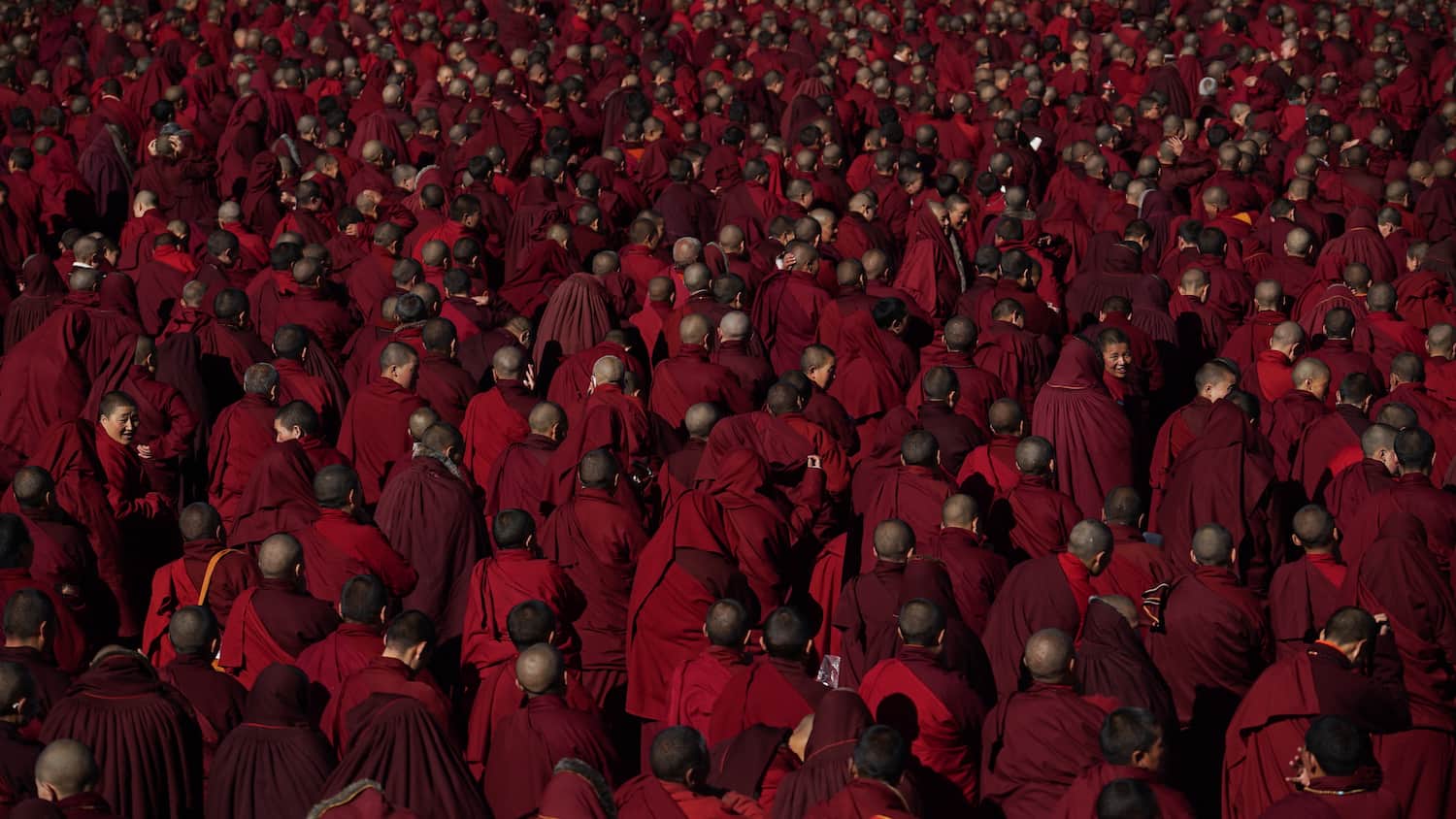
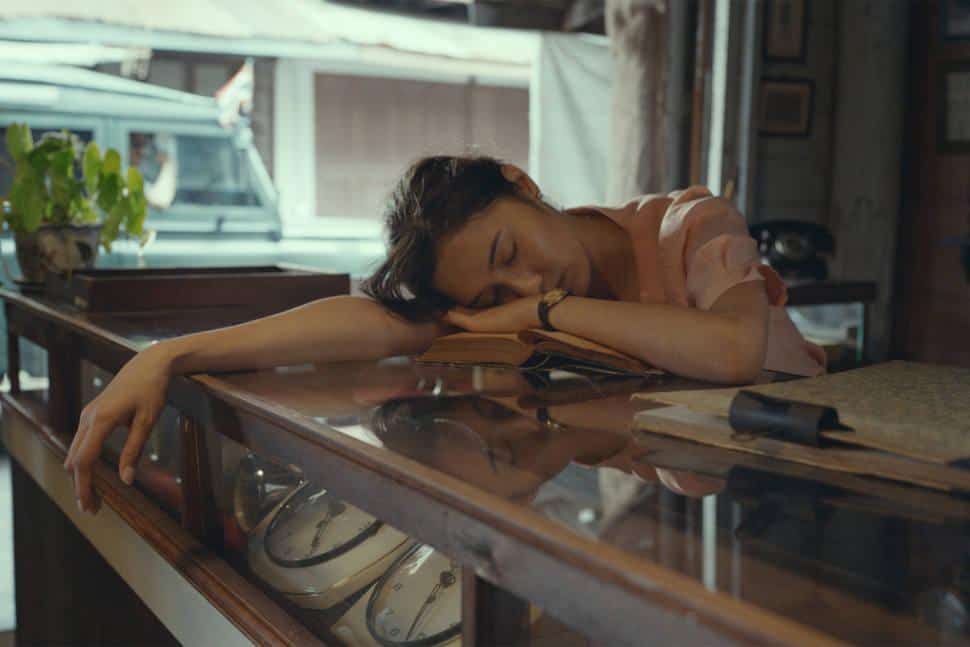
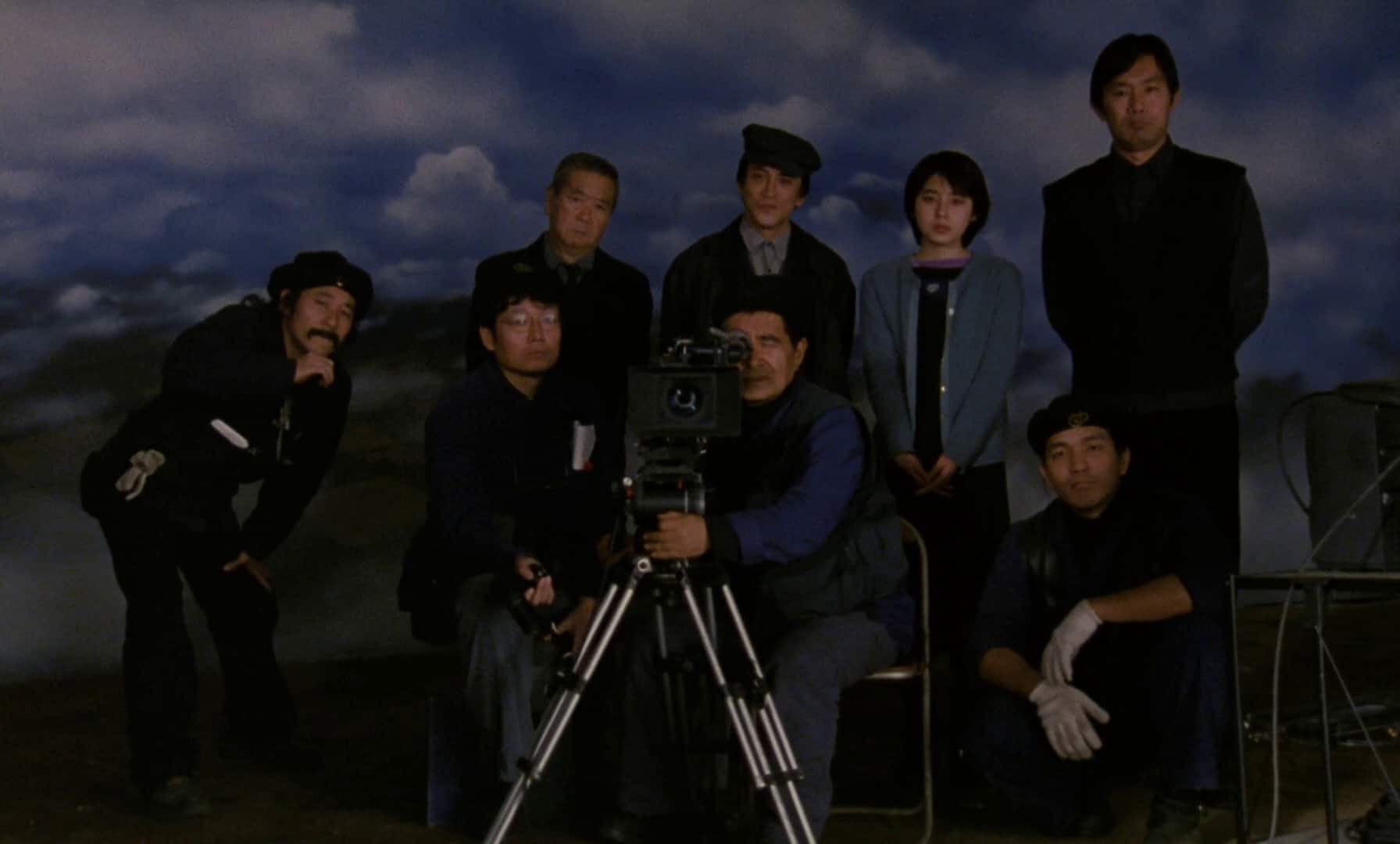







Hello Panos, your review comments on this film are very thoughtful and comprehensive. Thank you. Likewise, I am a big fan of Asian films, especially Japanese and Chinese classic films. One of my favorite is Chushingura made in the 1960s by Inagaki. It is lovely to watch, meticulous in detail. However, as far as I know, an HD version has never been released, don’t know why. It is considered by many as Japan’s answer to Gone With The Wind. I found a widescreen version from Australia on DVD, better than what’s available commercially, but alas not HD. Several attempts to entice Criterion Films to make an HD version have failed. What are your thoughts?
Hello there, not sure why it has not happened yet, maybe they have not found a decent original copy to restore. I am sure it will happen eventually though